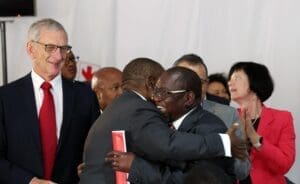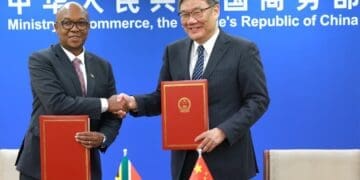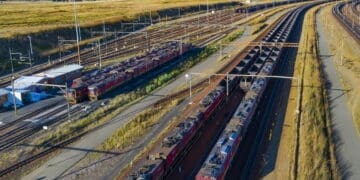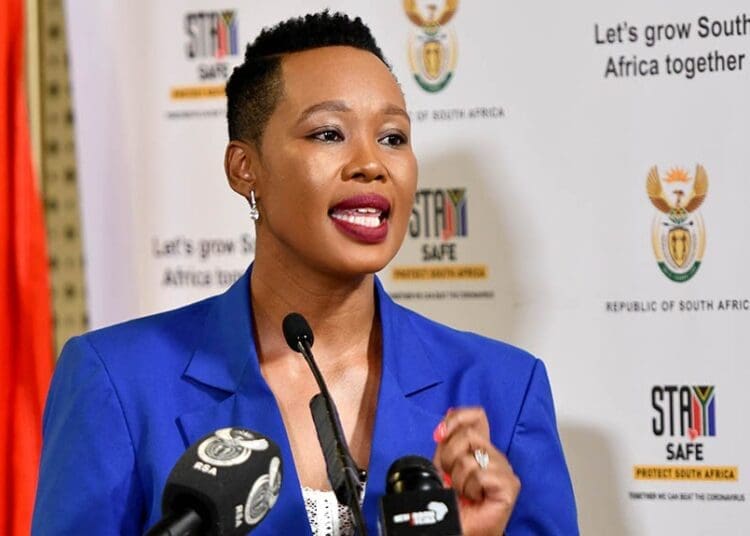By Slindile Khanyile
The government has announced yet another initiative aimed at improving the environment in which small businesses operate. Tabling the 2024 Medium-Term Budget Policy Statement, the Treasury said training would be offered at the local government level. “The Department of Small Business Development will train municipalities to tackle red tape and unnecessary procedures that hinder small businesses growth and co-operative development,” it said.
Last year, President Cyril Ramaphosa said the Department of Small Business Development had identified 29 pieces of legislation that create regulatory impediments for small businesses. The government has long identified red tape as one of the stumbling blocks to the development and growth of small businesses. The Presidency even set up a Red Tape team led by business leader, Sipho Nkosi.
Previously, it had combined the various small business entities into one centralised one-stop small enterprise agency in order to make it easy for small businesses to access help. Small businesses are key to the growth of the economy, particularly in relation to reducing unemployment. Of the 11 million jobs targeted to be created by 2030 as per the National Development Plan, 9 million are expected to be created by small businesses.

The small business training is one of several economic development efforts that were highlighted by the Treasury. From April next year, there will be a standalone national department of agriculture whose function will be to prioritise support for subsistence and small-scale farmers. The Department of Trade, Industry, and Competition is restructuring incentives to fund master plans.
Priority at the large business level is on driving structural reforms by intensifying public-private partnerships to address infrastructure and supply challenges in the energy, water, and logistics sectors. The Treasury said it will build on the work achieved through the first phase of Operation Vulindlela, which brought in R390 billion in investment.
Finance Minister Enoch Godongwana said: “These will continue to strengthen the economy to be more productive and internationally competitive, accelerate inclusive economic growth, and foster much-needed job creation. “The first phase of Operation Vulindlela provides tangible evidence that structural reforms can reduce economic bottlenecks. It also demonstrates that the government can collaborate effectively with business for the collective good.”
The Treasury has revised down the economic outlook, saying it now expects the economy to grow by 1.1% instead of the 1.3% forecast in February. This was largely due to the economy’s performance in the first half of the year, which was still marked by load shedding and high inflation. Over the medium term, the economy is expected to grow by an average of 1.8%.

The director-general at Treasury, Duncan Pieterse, said revising the outlook was not because they were no longer optimistic about the economy’s growth, but rather it was aimed at ensuring that revenue projections were realistic because they informed budget allocation. The main budget revenue for 2024/25 has been reduced by R17.7 billion compared with the February announcement due to lower tax revenue projections, while the non-interest expenditure will increase by R10.4bn.
Meanwhile, the government has allocated R11bn over the next two financial years for the early retirement programme targeting 30 000 government employees to slash the high public sector wage bill. Godongwana said: “We are also implementing initiatives like early retirement, not to merely reduce the size of the workforce, but also to introduce younger talent to the public service.” In the current financial year, the government will spend R761.4bn on the wage bill and this is projected to increase to R868bn by 2027/28.
































































